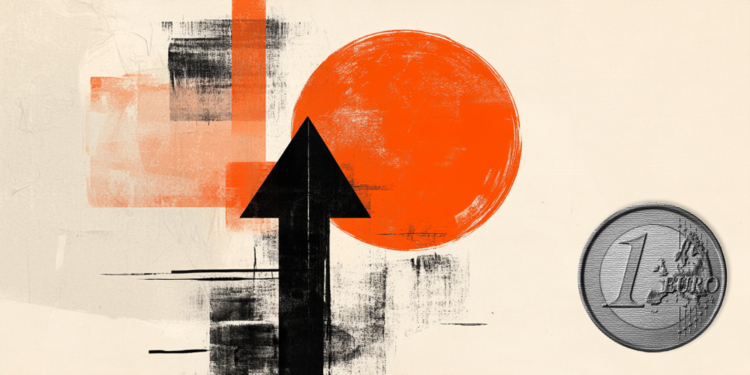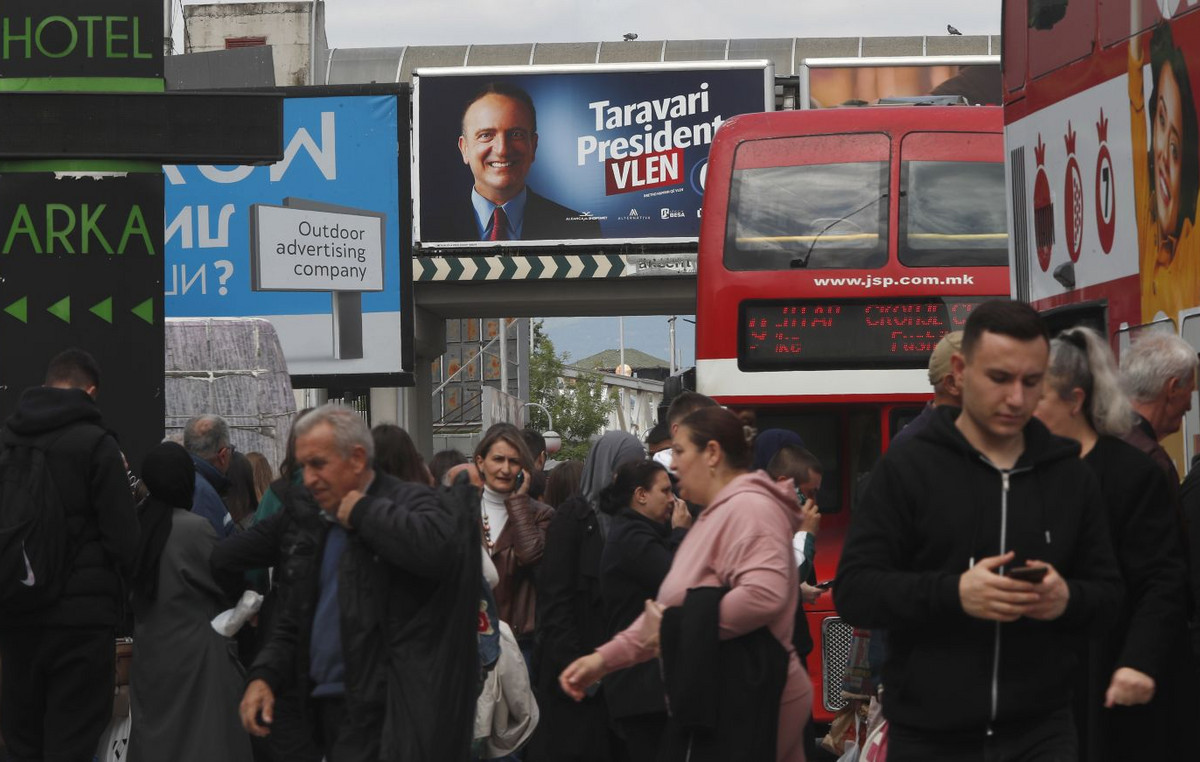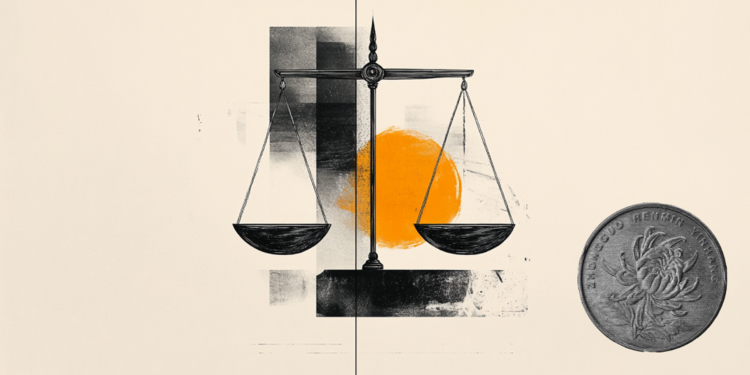The Operations Control Superintendence of the National Telecommunications Agency (Anatel) granted prior consent to the sale of towers from Oi to Highline do Brasil, but determined that the money be retained in a separate bank account until the Federal Audit Court (TCU ) decide how the resources can be used.
The information is contained in the order of the superintendence signed last Wednesday night.
The sale was agreed between Oi and Highline do Brasil in August last year for a total amount of up to R$ 1.697 billion.
The money is important to give the operator a breather, which is facing financial difficulties and was authorized by the Court to suspend payments to creditors.
Of the total amount of up to R$1.697 billion, the forecast was that the sum of R$1.088 billion would be paid in cash on the closing date of the transaction, which was subject to Anatel’s prior approval.
The other part, of up to R$609 million, would be paid in 2026, subject to the future quantity of infrastructure items to be used in the continuity of the fixed-line service after the renewal of the concession, in 2025.
What is being sold is a set of 8 thousand towers used in fixed telephony, among other telecommunications services. Of these, 7,000 are considered reversible assets.
That is: they are essential for the operation of fixed telephony and need to remain available to the service concessionaire.
In view of this, the sales contract for the towers provides that Highline will undertake to lease these infrastructure items to Oi and to future concessionaires. So far, so good, according to the Operations Control Superintendence.
“Although the operation deals with a significant number of towers essential to fixed telephony, the contract recognizes the essentiality of such assets and provides for the rental of safe space to guarantee the continuity of the service”, says superintendent Gustavo Santana Borges in the dispatch.
Standards
The problem lies in the allocation of money from the sale of reversible assets. The General Telecommunications Law and the Concessions Agreement do not have norms on what to do with the values of disposals of reversible assets.
There is an Anatel regulation allowing the concessionaire to do whatever it wants when it comes to the sale of an asset that is no longer essential, such as old telephone exchanges and vacant properties, for example. But this is not the case with Oi’s towers.
In addition to not having a clear rule, the case is under analysis by the Federal Court of Accounts (TCU).
There is already an opinion from the technical area of the Court pointing out that the amounts arising from the disposal of reversible assets must be reapplied in the concession itself.
This opinion is pending a final decision by the plenary of the Court.
Due to this lack of definition, Anatel’s Operations Control Superintendence opted to grant prior consent to the sale of the towers, but imposed on Oi the obligation to open a bank account in which it should deposit all amounts received for the sale.
Oi was approached, but did not manifest until the conclusion of this edition. Tele went into judicial recovery in 2016, with BRL 65 billion in debt.
The closing sentence of the process came out in December 2022, but the telecom continues with a debt of R$ 35 billion.
This month, he asked the court for protection against executions by creditors while trying to renegotiate.
If there is no agreement in the coming days, Oi must file for bankruptcy again.
Source: CNN Brasil
I am an experienced journalist, writer, and editor with a passion for finance and business news. I have been working in the journalism field for over 6 years, covering a variety of topics from finance to technology. As an author at World Stock Market, I specialize in finance business-related topics.







